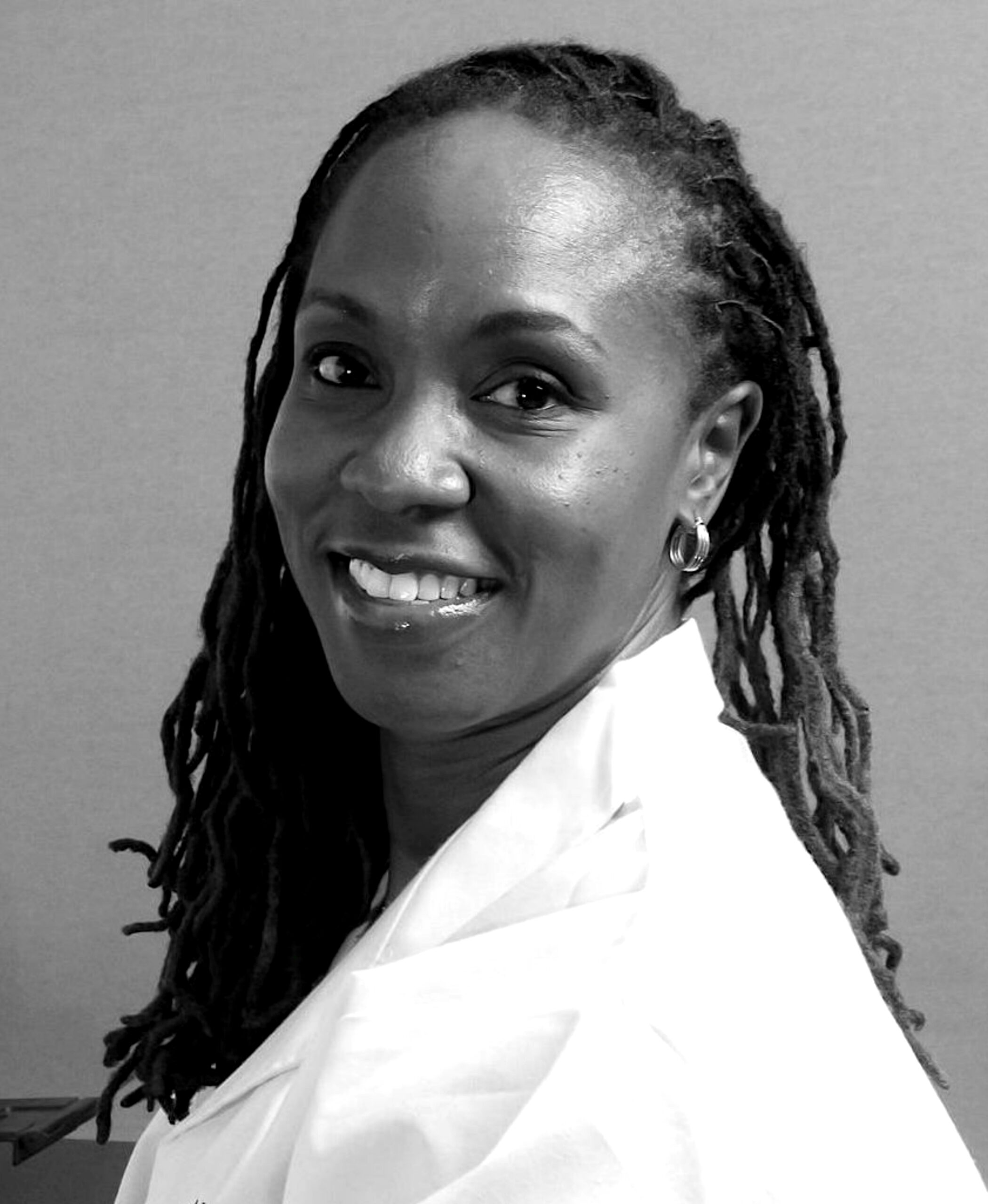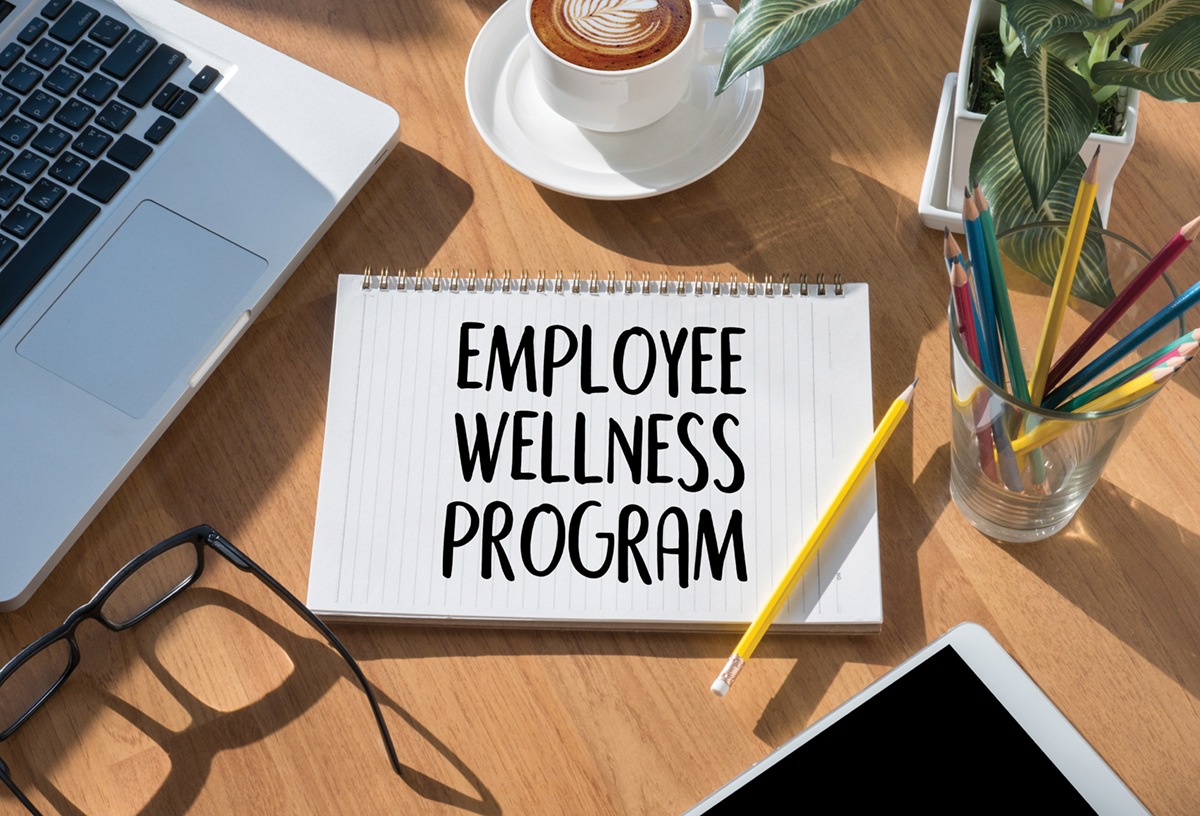Regular eye examinations are as important as check-ups for any other disease. This is because they will help detect certain eye diseases that could adversely affect your eyes. One such disease is glaucoma.
Glaucoma is a disease that causes progressive and irreversible damage to the eye which slowly leads to blindness. There is usually no warning or obvious symptoms to detect it until marked irreversible loss of vision has occurred and this has led to glaucoma being described as: “the sneak thief of sight”.
The disease is usually associated with increased pressure within the eye. Once the pressure builds up to high levels, there is damage to the optic nerve, which is responsible for relaying information from the eye to the brain. Continuous damage to the optic nerve can lead to permanent blindness.
Who is at risk?
Glaucoma is most common in people over the age of 40, but it can affect anyone at any age. In addition to this group other risk factors include being of African race, family history of glaucoma, short sightedness and diabetes of high blood pressure.
The more of these risk factors an individual has, the higher the need for frequent eye check-up.
What happens when left untreated?
Many forms of glaucoma progress slowly, and most people with glaucoma do not notice any symptoms until they have suffered significant loss of vision. Most people develop glaucoma in both eyes, although the disease initially may be worse in one eye.
How do I know I have glaucoma?
At first, there are no symptoms and vision stays normal. As the disease progresses, one of the signs is worsening of the peripheral vision or the appearance of “blind spots”. This can be realised when a person is not able to see the steps clearly as they walk down stairs, or always bump into people as they are not able to see them. In some cases, a driver fails to notice vehicles on either side of his or her car.
How can I prevent Glaucoma?
Unfortunately, you cannot prevent glaucoma. It’s important to have regular eye exams by an ophthalmologist that include measurements of your eye pressure and examination of the optic nerve. If glaucoma is recognized early, vision loss can be slowed or prevented. If you have glaucoma, you’ll need treatment and monitoring for the rest of your life.
What’s the treatment for Glaucoma?
Treatments for glaucoma may include:
Medicines: These are pressure lowering eye drops work by either improving the drainage of the fluid inside the eye or reducing its production.
Laser therapy: This procedure works by improving the drainage of the fluid inside the eye, thereby reducing the pressure.
Surgery procedure: Conventional surgery makes a new opening for the fluid to leave the eye, and further reduces the pressure. Surgery can help slow down vision loss, but it can’t restore lost vision or cure glaucoma.
Similarly, while these treatments may save remaining vision, they do not improve sight already lost from glaucoma.
How do other people cope with glaucoma?
It’s normal to be concerned about your diagnosis of glaucoma. However; you may be comforted to know that most people with glaucoma have reported that they have learned to live with it -though that process is something that may take a bit of time. They have learned that they don’t have to make drastic changes in their lives, and that they can continue with their daily routines and long range plans. Remember you are not alone when it comes to treatment of your condition. By maintaining regular examinations with your eye doctor, glaucoma need not prevent you from leading a full, active life.
The Writer, Dr Sheila Marco, is a Consultant Ophthalmologist and Glaucoma Specialist at Aga Khan University Hospital.





